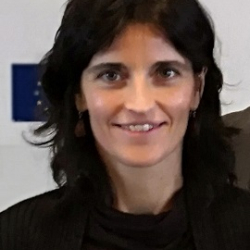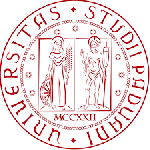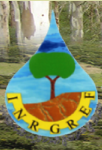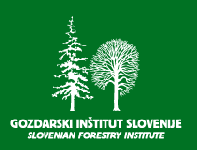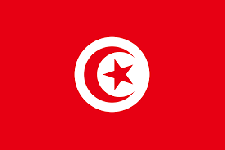ABOUT US




Mediterranean wild and semi-wild food products (WFP) have unique and exclusive properties which are strongly connected to the local economies, rural livelihoods, provision of ecosystem services, biodiversity conservation, traditional knowledge, territorial identity, gastronomy and other cultural values. A significant share of local population at both sides of the Mediterranean harvest and consume WFP, but their full commercial potential is yet to be unlocked. Moreover, WFP sector is mainly formed by small producers, who are disaggregated in rural areas and disconnected among them. In most cases their possibilities for innovation are low, thus affecting the quality and safety of the products and leading to unequal final incomes. The shift towards high quality and unique food production can help capitalize on the richness of the Mediterranean biodiversity with its abundance in wild and semi-wild food products and at the same time enhance the economic activity in rural areas, thereby contributing to the “inclusive growth” and bioeconomy development in Europe. Moreover, wild food chains could benefit from improved cooperation with other actors of the food supply chains, as well as novel solutions to trace origin and identity, ensure safety and exploit digital opportunities.



